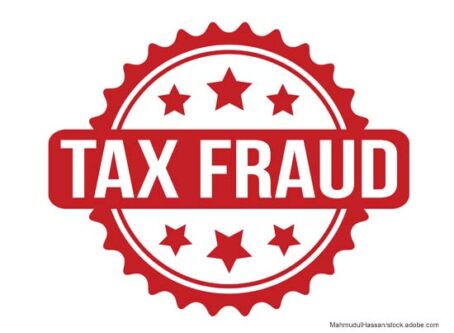California’s Advanced Clean Trucks is unconstitutional, states and stakeholders argue
Nineteen states and numerous stakeholders are urging the D.C. Circuit Court to dismantle California’s Advanced Clean Trucks regulation, arguing it impedes on other states’ rights.
On Friday, Nov. 3, 19 state attorneys general and a coalition of stakeholders, including the Owner-Operator Independent Drivers Association and others in trucking, filed their brief in the U.S. Court of Appeals for the District of Columbia Circuit challenging California’s Advanced Clean Trucks regulation.
Earlier this year, the U.S. Environmental Protection Agency granted California’s request for waivers of preemption. The waivers allow the state to enforce California Air Resources Board regulations that will require half of all new heavy-duty vehicle sales to be electric.
Manufacturers who certify Class 2b-8 chassis or complete vehicles with combustion engines would be required to sell zero-emission trucks as an increasing percentage of their annual California sales from 2024 to 2035. By 2035, zero-emission truck/chassis sales would need to be 55% of Class 2b-3 truck sales, 75% of Class 4-8 straight truck sales and 40% of truck tractor sales.
However, the lawsuit filed by the 19 states and stakeholders argues that the Clean Air Act waiver is unconstitutional. Specifically, the coalition of states challenging the Advanced Clean Trucks regulation claims the statute allowing the waiver is unconstitutional under the equal-sovereignty doctrine.
One section of the Clean Air Act allows the EPA to grant waivers for California, but only California. However, the states’ brief argues that the Advanced Clean Trucks regulation crosses state lines.
Specifically, the EPA waiver allows California alone to regulate an issue – climate change – that is global in scale.
“Even if the equal-sovereignty doctrine permits Congress to give California alone the power to regulate matters of unique importance to California, Congress cannot empower California alone to regulate a global problem like climate change,” the brief states.
Meanwhile, the coalition of stakeholders is making a similar argument. In its brief, the coalition points out that the Clean Air Act allows the EPA to grant a waiver only for California standards that the state “needs to meet compelling and extraordinary conditions.” The coalition claims that California purports to “need” its electric-vehicle mandates to address the risks of global climate change.
However, the coalition argues that climate change is not unique to California. Furthermore, the issue of climate change is “one that California’s standards will not ‘meet’ because they will have no effect on climate-change conditions in California.”
“EPA lacks such clear authorization,” the brief states. “In fact, the statute’s plain text precludes such a waiver because global climate change is not an ‘extraordinary’ condition within the meaning of (the Clean Air Act). The term ‘extraordinary’ refers to California’s unique, local pollution conditions, like smog in Los Angeles, not to global issues like climate change.”
The brief also highlights the economic consequences of forced electrification of the vehicle fleet.
“The effects of electrification will extend far beyond the automotive industry,” it states. “As reflected by the diverse group of petitioners here, forced electrification will fundamentally change and harm many industries that Congress has not authorized EPA to regulate under (the Clean Air Act), from truck owners and operators, to petroleum manufacturers, to the biofuel and agricultural industries, to shippers and retailers, to name just a few. Congress usually reserves for itself decisions with such sweeping impacts on the American economy.” LL
Related stories:









